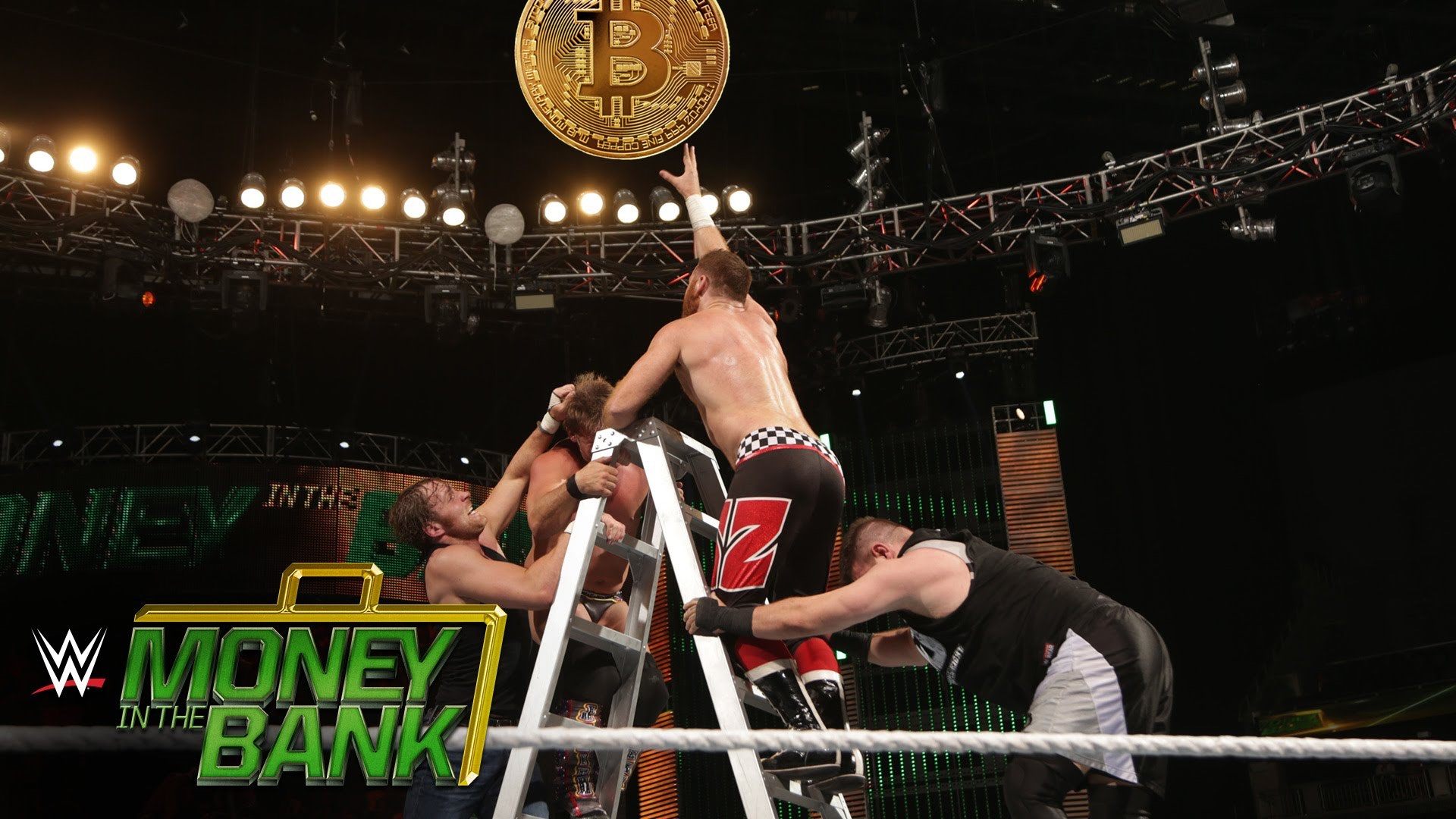
In the ever-evolving landscape of the digital age, the worlds of cryptocurrency and professional wrestling have emerged as two seemingly unrelated domains. However, beneath the surface lies a captivating interconnection that has garnered significant attention. The collision of these distinct realms has led to a fascinating synergy, uniting a global community of crypto enthusiasts and wrestling aficionados in unprecedented ways.
Beyond the glitz and glamor of the wrestling ring, crypto’s disruptive technology has infiltrated the WWE universe, reshaping fan engagement, payment systems, and even the business strategies of wrestling superstars. In this article, we delve into this unexpected fusion, exploring the intriguing parallels and possibilities that arise from the union of crypto and WWE.
WWE & Crypto
Crypto and WWE might seem like unlikely bedfellows, but their interconnection has been growing in recent years, ushering in a new era of fan engagement, financial transactions, and entrepreneurial opportunities within the wrestling industry.
Firstly, cryptocurrencies have started to play a role in how fans interact with WWE. For instance, blockchain-based platforms have emerged, allowing fans to purchase exclusive digital collectibles known as non-fungible tokens (NFTs) featuring WWE Superstars. These NFTs grant fans ownership of unique digital assets and provide a new way for collectors to showcase their fandom.
Moreover, crypto has also influenced the way fans can support their favorite wrestlers. Some wrestlers have embraced cryptocurrencies by setting up their own digital wallets to accept donations or sell exclusive merchandise directly to fans. This decentralized approach empowers wrestlers to have more control over their financial endeavors, bypassing traditional intermediaries.
In terms of financial transactions, crypto has the potential to streamline payment processes within the WWE ecosystem. The decentralized nature of cryptocurrencies allows for faster and more secure cross-border transactions, making it easier for international fans to purchase tickets, merchandise, or even pLay for cryptos on leading crypto casinos such as Coinplay or others. This efficiency in transactions could help WWE expand its global reach and cater to a broader audience.
Furthermore, the entrepreneurial aspect of crypto has caught the attention of wrestling personalities. Several wrestlers have ventured into the world of cryptocurrency investments, either as investors or by launching their own tokens. This innovative approach to finance presents opportunities for wrestlers to diversify their income streams and engage with their fan base in unique ways.
While the connection between crypto and WWE is still in its early stages, the potential for further integration and collaboration is evident. As both industries continue to evolve and embrace new technologies, the possibilities for innovative partnerships, enhanced fan experiences, and financial empowerment within the wrestling world are boundless.
What is WWE?
WWE, also known as World Wrestling Entertainment, has gained worldwide popularity over the years, captivating audiences across the globe. Since its inception in 1980, WWE has emerged as the leading force in the realm of professional wrestling, enthralling fans with its distinctive combination of athleticism, narrative prowess, and charismatic individuals. With its headquarters in Stamford, Connecticut, WWE has evolved into an entertainment empire, encompassing various forms of media, including television, live events, merchandise, and digital platforms.
One of WWE’s defining features is its roster of talented performers, known as Superstars, who engage in scripted matches and compelling storylines. These larger-than-life characters, such as John Cena, The Rock, and “Stone Cold” Steve Austin, have become cultural icons and household names. WWE’s commitment to creating immersive and thrilling experiences has garnered a loyal and passionate fan base worldwide.
WWE offers a wide range of services to cater to its diverse audience. Alongside its flagship weekly television shows, such as Raw and SmackDown, WWE produces pay-per-view events, including WrestleMania, SummerSlam, and Royal Rumble, which draw massive viewership and generate substantial revenue. Additionally, WWE’s streaming service, WWE Network (now known as Peacock in the United States), allows fans to access an extensive library of past events, documentaries, and original programming.
Despite occasional controversies and criticisms surrounding the scripted nature of the product, WWE maintains a significant level of popularity and has amassed a devoted following over the years. Its global reach and cross-cultural appeal have enabled WWE to stage live events in numerous countries, captivating audiences of all ages and backgrounds.
WWE’s reputation as an entertainment powerhouse is cemented by its ability to adapt to changing times. The company has embraced technology and social media platforms to enhance fan engagement, interact with followers, and provide behind-the-scenes glimpses into the lives of its Superstars. Furthermore, WWE’s commitment to philanthropy, through initiatives like “Be a STAR” and partnerships with charitable organizations, has bolstered its reputation as a socially responsible entity.
In conclusion, WWE’s combination of thrilling in-ring action, captivating storytelling, and global reach has established it as a dominant force in the world of sports entertainment. With its diverse range of services, enduring popularity, and commitment to innovation, WWE continues to entertain and enthrall fans around the world, leaving an indelible mark on popular culture.


















